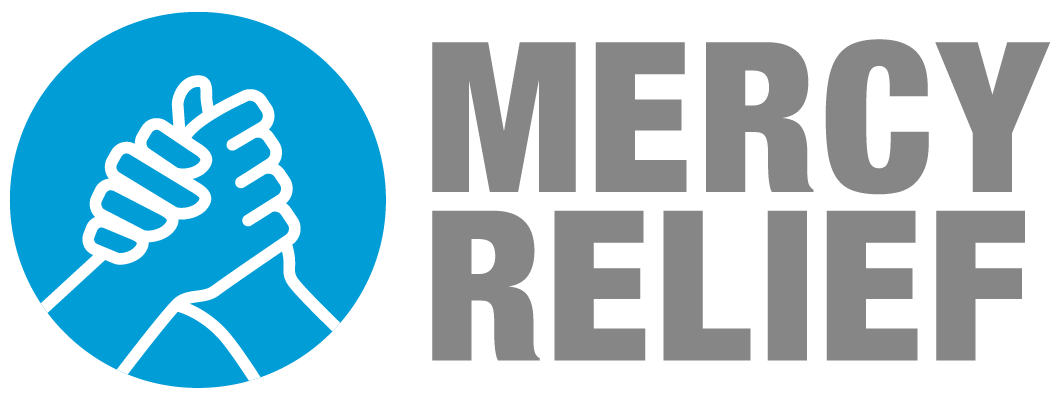About Us
Headquartered in Singapore, Mercy Relief was established in 2003 to respond to human tragedies and disasters in Asia Pacific.
Today, we are Singapore’s leading independent disaster relief agency with dedicated leadership, capacity building expertise and an affiliate network operating across the entire disaster management cycle.
Mercy Relief provides emergency aid within 72 hours of an appeal in the aftermath of a disaster. Our longer-term sustainable development programmes aim to uplift and empower communities in five key areas: water and sanitation, shelter, sustainable livelihoods, healthcare and education.
For the past 20 years, Mercy Relief has responded to more than 115 disasters with more than $47.5 million disbursed for relief missions and post-disaster projects across 31 countries. We have implemented more than 100 post-disaster projects and impacted over 3.0 million lives.
Mission
To provide timely and effective aid when disasters strike, and empower communities in Asia Pacific.
Vision
Championing compassion and care
31
Beneficiary Countries
72 hours
Response Time
S$48.6 million
Funds Disbursed Up to 2025
126
Disaster Relief Operations
105
Post-Disaster Projects
>3.2 million
Lives Impacted
Connect With Us
Follow Mercy Relief on social media.
